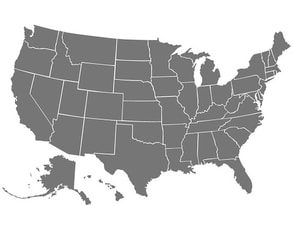|
Welcome to our comprehensive directory of ALS clinics in the United States. ALS clinics may be stand-alone clinics, or they may be housed within neurology departments at hospitals, universities, or the VA. Some are independent. Many are affiliated with either The ALS Association, Muscular Dystrophy Association, or Department of Veterans Affairs (VA).
|
|
Visit our ALS clinics page to learn how clinics work and why it is so important to attend. If you are a military veteran, you will want to learn about ALS clinics at the VA.
FIND AN ALS CLINIC NEAR YOU
|
Sign up for our free newsletter to stay up-to-date on new content, equipment, ALS news, resources, and more.
|




